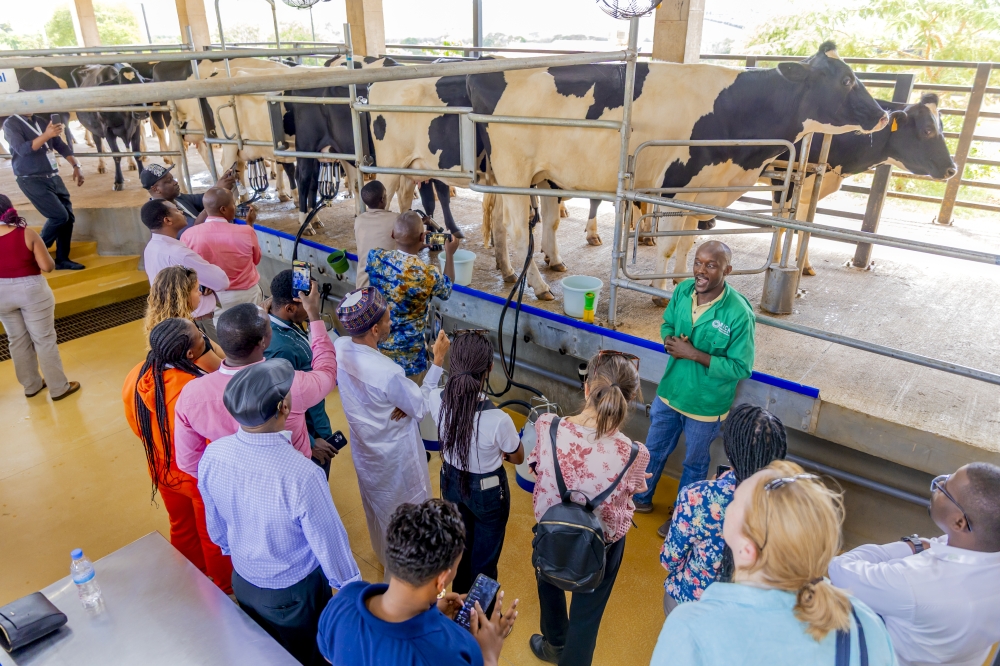Sir Richard Charles Nicholas Branson is the Ultimate entrepreneur. The British business magnate, who turns 63 this July, is best known as the founder and chairman of Virgin Group of more than 400 companies.


Sir Richard Charles Nicholas Branson is the Ultimate entrepreneur. The British business magnate, who turns 63 this July, is best known as the founder and chairman of Virgin Group of more than 400 companies.He began his entrepreneurship journey with a magazine, ‘Student’ at the age of 16. In 1970, he set up an audio-record mail-order business. In 1972, he opened a chain of record stores, Virgin Records, later known as Virgin Megastores. Branson’s Virgin brand grew rapidly during the 1980s, as he set up Virgin Atlantic Airways and expanded the Virgin Records music label. He is the 4th richest citizen of the United Kingdom, according to the Forbes 2012 list of billionaires, with an estimated net worth of US$4.6 billion.Branson was born in a family of high performers. His father was a barrister and grandfather a high court judge. As an eldest child in such a family you can imagine the strain on him when as a dyslexic with academic performance as a student. Yet he discovered his ability to connect with others.The name "Virgin” was suggested by one of Branson’s early employees because they were all new at business. Virgin sold records much more cheaply than the "High Street” outlets. Branson once said, "There is no point in starting your own business unless you do it out of a sense of frustration”. Later, he started a record shop in Oxford Street in London. It was not all smooth sailing though, in 1971, Branson’s mother, Eve, re-mortgaged the family home to help him settle the unpaid taxes his business had incurred. From his record store proceeds, Branson in 1972 launched the record label Virgin Records and bought a country estate, in which he installed a recording studio. He leased out studio time to fledgling artistes. Virgin typically went where others would not go. It signed such controversial bands as the Sex Pistols, which other companies were reluctant to sign. This strategy worked such that by 1992 he was able o sell EMI for £500 million. Sir Richard epitomises everything entrepreneurial. Like he says, "all sorts of people find success as entrepreneurs, in every profession and area of life. What many have in common is that they’re ready to try and fail while they are figuring out which of their ideas will work, and so perseverance and courage are an entrepreneur’s best assets”. He says self-awareness is also important, because it can speed up that learning process and help the entrepreneur along the way.The Virgin Group experienced a number of failures alongside successes -- it is so easy to get things wrong. "After you’ve launched one or more businesses that take off and start growing, it’s tempting to think that you know what you’re doing. Then, after you’ve started up another new venture, seemingly along the same model, you find to your astonishment that it’s about to fold”, says Branson. "This is what happened when we launched Virgin Cola in 1994. We started out with so much ambition, and we had a real impact: Our new business shook Coca-Cola to the core. We heard later that every meeting the top executives had for nine months was dominated by the words "Virgin Cola.” But as time went on, we realised that we’d failed to adhere to our own rules. Virgin specialises in shaking up industries where consumers are getting a raw deal, but there was no great dissatisfaction with Coca-Cola, Pepsi or the other soft drink brands at the time.Why would customers want to switch to Virgin Cola? After all, we weren’t offering them anything that was radically different or much better value, and so the business was a financial failure”.But the failure of Virgin Cola, for example, enabled Branson and his team their mistakes and failures, made them better at being self-aware -- as has answering all the questions over the years about Virgin’s going into new industries.He says that knowing your business (or your trade) and yourself can also help you to know when to follow your instincts, so you can find the courage to move ahead and ignore the advice of cynics. With Virgin Atlantic’s launch in 1984, Branson hired experienced aviation experts for help with logistics, but as we’d suspected, our lack of experience in the business turned out to be an asset.The Branson story can happen to you or me too but we need creativity, courage, perseverance and yes...self awareness.Be inspired!




